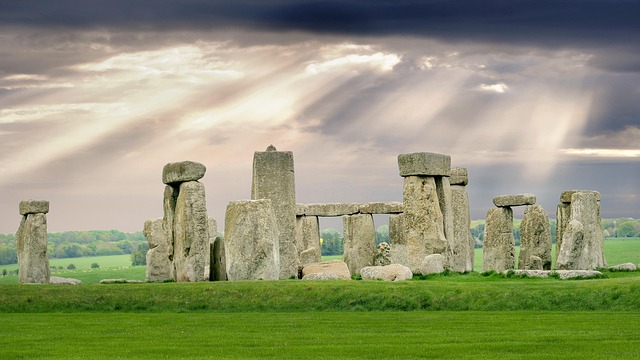Article Title:Archaeology and Applied Anthropology as a Collaborative Approach to Decolonization
Abstract:
Mid-Atlantic Native archaeology has focused primarily on cultural horizons that predate the arrival of Europeans, culture contact phenomena, or the frontier dynamic of post-contact. In recent decades, the discipline has made important strides toward civic engagement with Native peoples. However, the focus on pre-contact/contact archaeology and settler history has inhibited the work of decolonization by unconsciously reaffirming colonialist narratives of Native disappearance. From the vantage of the public and present-day communities, several middle centuries of Indigenous experiences remain unexplained, and thus, an era of significant culture change is obscured. My call-to-action urges archaeologists to expand the lens of deep history across the prehistory/history divide into the eighteenth and nineteenth centuries, using historical anthropology to engage an understudied period of Indigenous cultural adaptation and persistence. In this article, I overview four examples of recent applied anthropological research that address these silenced spaces and consider decolonizing practices that align with the needs of Native communities.
Keywords: Applied anthropology; decolonization; Brafferton Indian School; Mattaponi; Nottoway; reservation archaeology
DOI: 10.1177/01976931241264511
Source:NORTH AMERICAN ARCHAEOLOGIST
Welcome to correct the error, please contact email: humanisticspider@gmail.com



